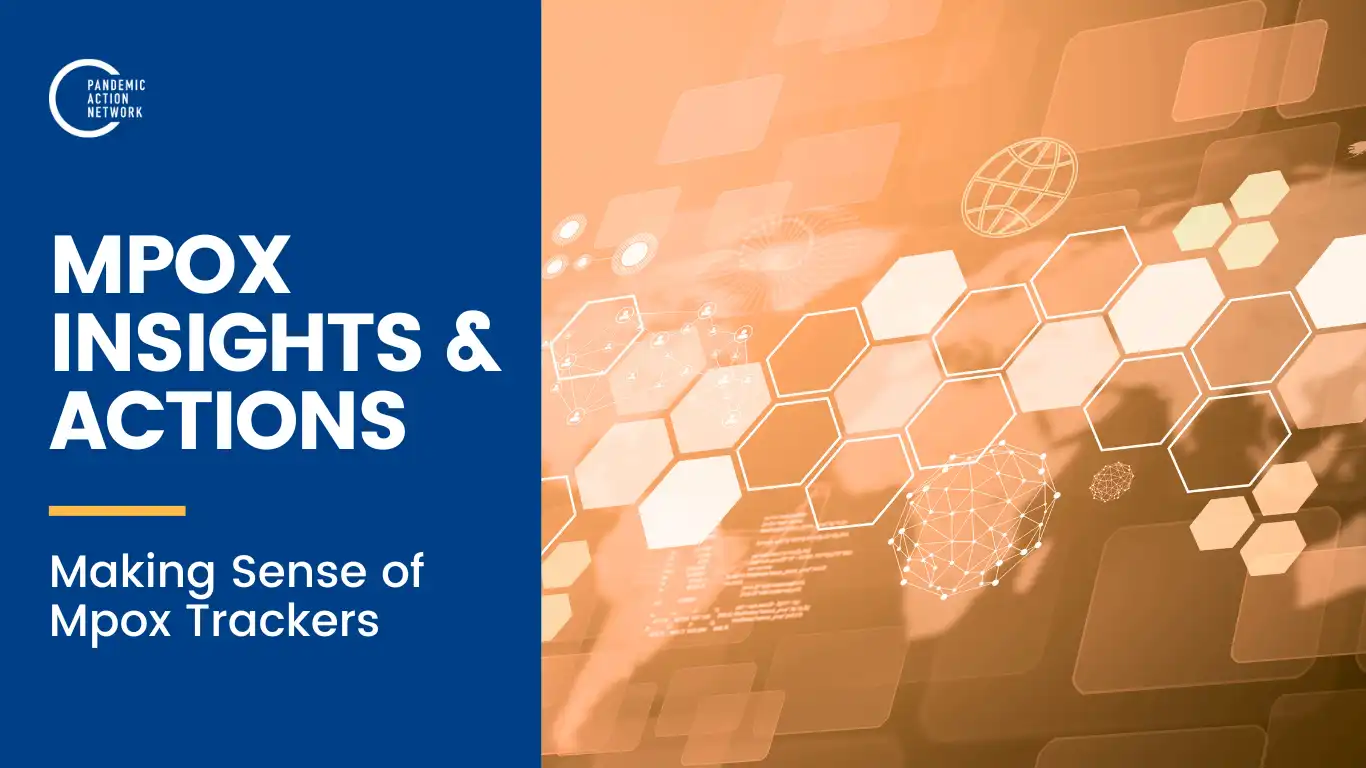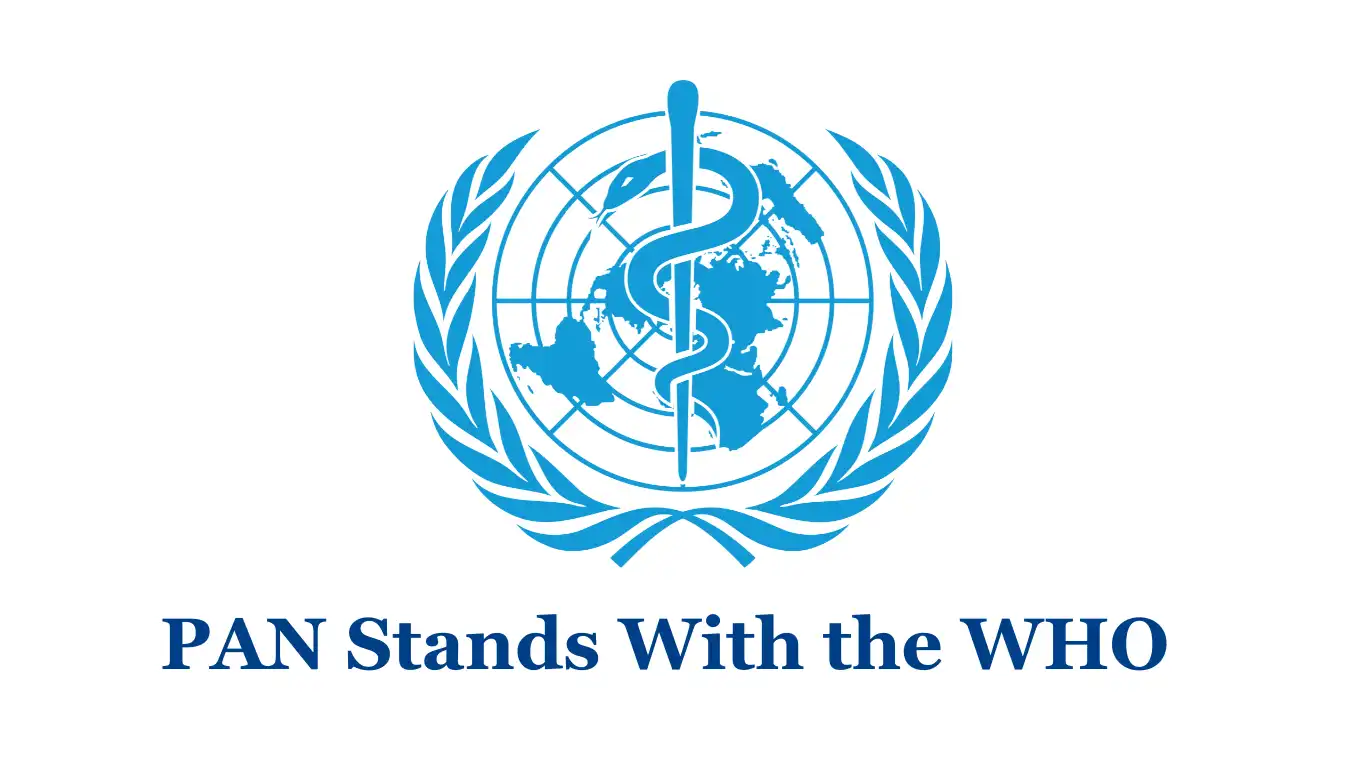For me, 2023 was the year of fragility. Conflict rages across the world, climate change is burning the planet — and both these realities, compounded by the years-long COVID pandemic, render our existing health systems and preparedness plans ever more fragile.
In 2023, we’ve seen opportunities for progress when it comes to learning the lessons of COVID from the first-ever UN High Level Meeting on Pandemic Prevention, Preparedness, and Response to the Pandemic Fund’s oversubscribed first call for proposals and the ongoing pandemic accord negotiations — important staging points in different ways — all need strengthening into the future.
Most recently, the outcome of COP28 led to a collective sigh that the outcome wasn’t as bad as it could have been. While the first Declaration on Climate and Health was backed by 123 countries, the outcome still remains worlds away from where the lived reality of communities and the science show us where it should be. We must now go beyond the concept and develop a shared climate-health agenda for systemic change. Meanwhile, fragility is on full display in multiple ways as the situation in Gaza continues to spiral downwards: “there is no health without peace, and no peace without health,” as Dr. Tedros said on Dec. 10.
That’s why, in 2024, our priorities all route back to resilience.
On Nov. 29 in Lusaka, we took our own step to help that transition. At the vibrant Conference for Public Health in Africa, Pandemic Action Network (PAN) was proud to introduce our new partner Resilience Action Network Africa (RANA) and the promise of strengthened advocacy across issues into 2024. As Pandemic Action Network’s Africa Director and RANA’s incoming Executive Director Aggrey Aluso noted, “We must come together with a networked approach that connects African national and regional priorities while bringing the African voice to global processes to help reset the imbalanced power dynamics that undermine resilience.”
We must come together with a networked approach that connects African national and regional priorities while bringing the African voice to global processes to help reset the imbalanced power dynamics that undermine resilience.
Turbocharging the partnership with RANA is our first priority for 2024. Our aim is to contribute towards global networked advocacy that delivers for communities and drives forward Africa CDC’s New Public Health Order to help bolster pandemic prevention, preparedness, and response at all levels — a “new deal” for resilience.
Second, our eyes will be fixed on the prize of building resilient preparedness through the International Negotiating Body (INB) process to determine a future pandemic accord. We have long argued that there needs to be a COP-like process for pandemics — this process must deliver that goal and take us far beyond business-as-usual. Equitable access, accountability, and adequately financed pandemic prevention, preparedness and response are our watchwords.
Third, the climate and health nexus is a key priority for us. We have developed work showing the twin threats of climate change and pandemics should be considered together when developing future-facing climate-resilient, pandemic-resilient, and gender-sensitive health systems. As our pre-COP paper set out, in addition to tackling the direct impact of fossil fuels on health and the impact of climate on end-to-end infrastructure, we need a clear, costed plan to deliver the pandemic- and climate-resilient health systems of the future.
Fourth, raising finance for pandemic prevention, preparedness, and response through the Pandemic Fund, Africa Epidemic Fund, domestic resources, and the International Development Association will be an area we double down on in 2024. Developments, like the new task force on international taxation, provide powerful opportunities to also unleash new resources. The budget fights at the sharp end of advocacy become ever more important in 2024 as the era of the polycrisis bites.
Lastly, we will be nurturing strategic partnerships across R&D, including the ‘Always On’ agenda to keep preparedness systems warm outside crisis periods.
The budget fights at the sharp end of advocacy become ever more important in 2024 as the era of the polycrisis bites.
Overall, it is critical that we engage and enlist more political champions to further our collective causes, and widen and deepen our partnerships to strengthen the impact of our networked advocacy for pandemics, health, climate, gender, and finance. Together, this adds up to building resilience.
The road will be hard. We will also need to nurture our own resilience to deliver what is needed in mission-driven advocacy.
To all of you who wake up in the early hours or stay up late to join calls across time zones, get to meetings, analyse budget outcomes, and consistently deliver for communities — thank you for your partnership and dedication.
To all our partners and to the global team that works together across space and time, inside and beyond PAN and RANA, thank you for your tireless advocacy and deep commitment.
Wishing you all peaceful holidays with time to restore energy and build resilience to be ready for an ambitious 2024.
In solidarity and with deep gratitude,
Eloise Todd
Executive Director and Co-Founder, Pandemic Action Network



